Solar lights have gained popularity in recent years due to their energy efficiency, environmental sustainability, and versatility. With advancements in solar technology and increased awareness of renewable energy sources, solar lights have become a popular choice for outdoor lighting solutions in residential, commercial, and industrial settings.So whether solar lights can be used forever? let us continue to read the article.
What is a Solar Light?
A solar light is an outdoor lighting fixture equipped with photovoltaic (PV) solar panels that convert sunlight into electricity. This electricity is stored in rechargeable batteries and used to power light-emitting diode (LED) bulbs for illumination. Solar lights operate autonomously, turning on automatically at dusk and off at dawn, and are often used for various applications such as pathway lighting, garden accents, security lighting, and decorative purposes.
Lifespan of Solar Lights:
While solar lights are designed to be durable and long-lasting, they are not immune to wear and tear over time. The lifespan of solar lights can vary depending on several factors, including the quality of components, environmental conditions, maintenance practices, and usage patterns. On average, solar lights can last anywhere from 2 to 7 years or more, with proper care and maintenance.
Will solar lights stop working?
solar lights will eventually stop working, but the timeline for their lifespan can vary depending on several factors:
- Battery Lifespan: The rechargeable batteries used in solar lights are typically lithium-ion, nickel-metal hydride (NiMH), or lead-acid batteries. These batteries have a limited number of charge-discharge cycles before they start to degrade. Factors such as the quality of the battery, depth of discharge, temperature fluctuations, and charging/discharging patterns can impact battery lifespan. High-quality batteries and proper charging practices can help extend the lifespan of solar lights.
- Solar Panel Efficiency: The efficiency of solar panels can gradually decline over time due to exposure to sunlight, dust, debris, and environmental factors. As solar panels age, their ability to convert sunlight into electricity may diminish, resulting in slower charging times and reduced overall performance of the solar lights. Regular cleaning and maintenance of solar panels can help mitigate efficiency losses and prolong their lifespan.

- LED Bulb Longevity: LED bulbs are known for their long lifespan compared to traditional incandescent bulbs. However, the quality of LED bulbs and their associated components can vary. Cheaper or lower-quality LED bulbs may have shorter lifespans or be more prone to failure. Factors such as operating temperature, voltage fluctuations, and manufacturing defects can also affect LED bulb longevity. Choosing solar lights with high-quality LED bulbs and proper thermal management can enhance their lifespan.
- Environmental Exposure: Solar lights are exposed to various environmental factors such as rain, snow, humidity, temperature fluctuations, and UV radiation. These environmental stressors can accelerate the wear and tear of solar light components over time. Moisture ingress can corrode electronic components, while exposure to UV radiation can degrade plastics and other materials. Choosing solar lights with durable and weather-resistant construction can help mitigate the effects of environmental exposure and extend their lifespan.
- Quality of Components: The overall quality of the components used in solar lights, including solar panels, batteries, LED bulbs, circuitry, and housing materials, plays a significant role in determining their lifespan. High-quality components are more durable and resistant to wear and tear, resulting in longer-lasting solar lights. Conversely, lower-quality components may degrade more quickly and lead to premature failure of solar lights.

- Maintenance and Care: Regular maintenance and proper care are essential for prolonging the lifespan of solar lights. This includes cleaning solar panels to remove dust and debris, checking and replacing worn-out batteries or LED bulbs, and inspecting for any signs of damage or corrosion. Proper installation and positioning of solar lights can also contribute to their longevity by minimizing exposure to environmental stressors.
Conclusion:
By considering these factors and taking proactive measures to maintain and care for solar lights, users can maximize their lifespan and ensure reliable performance over an extended period. Additionally, choosing high-quality solar lights from reputable manufacturers can help mitigate the risk of premature failure and provide peace of mind for long-term use.

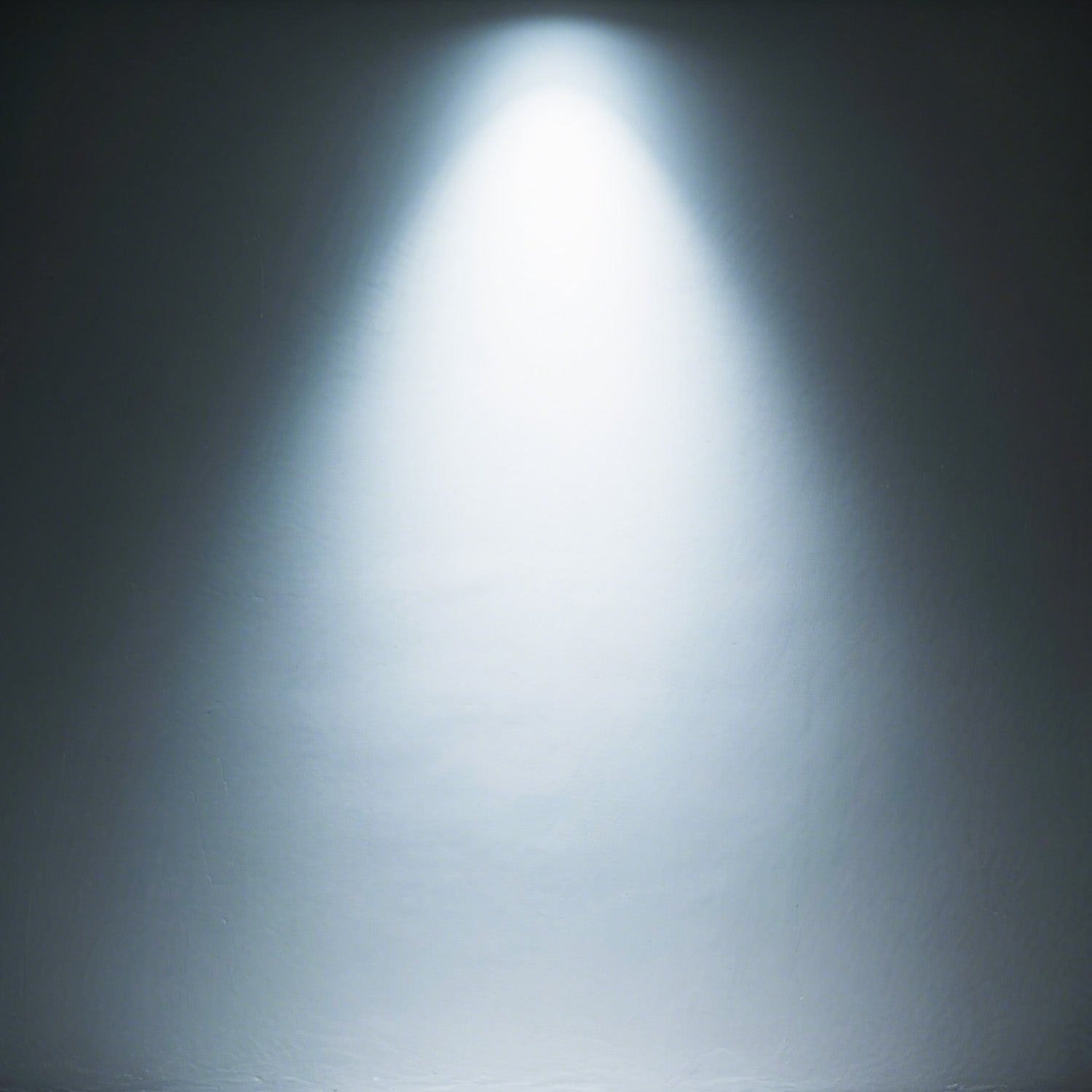
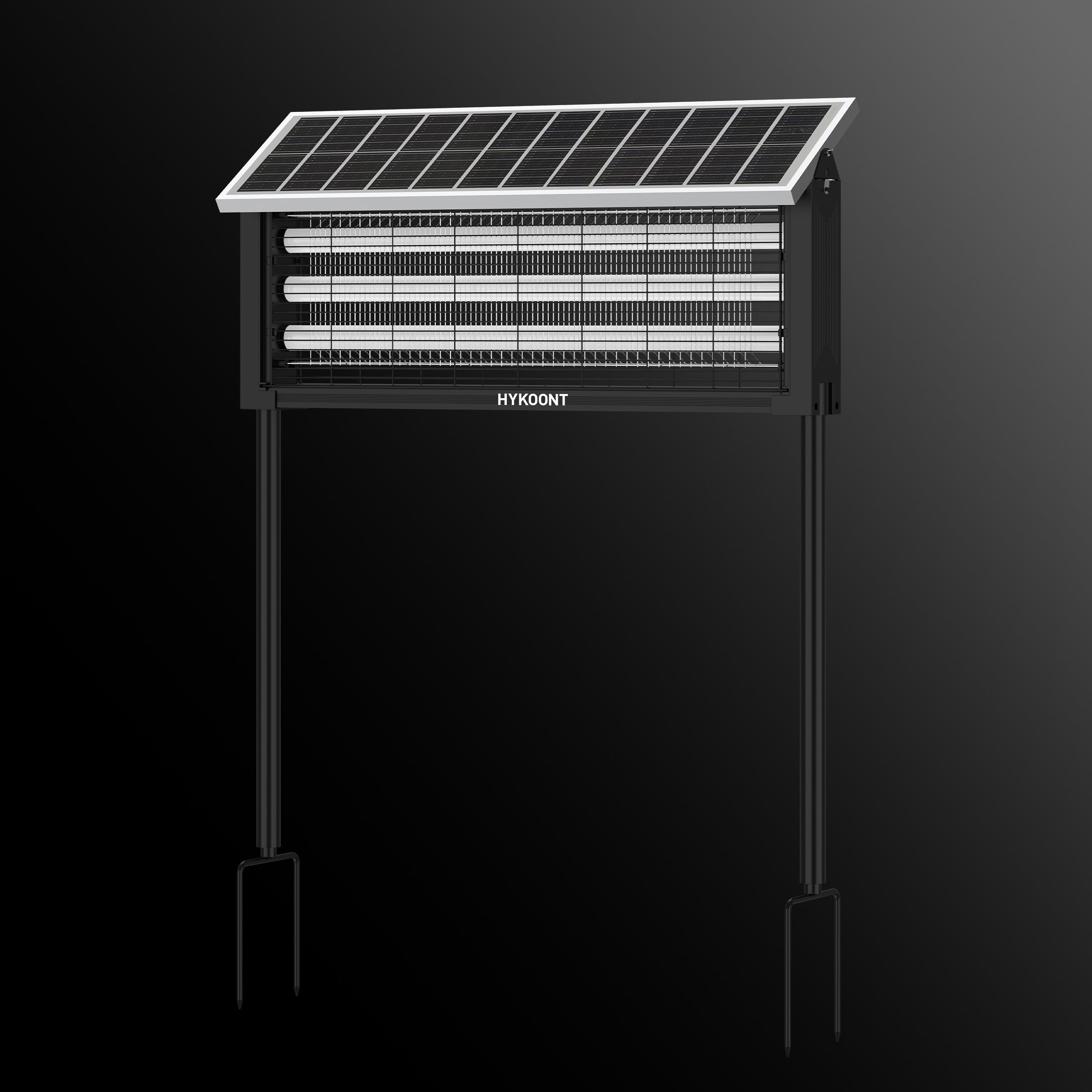
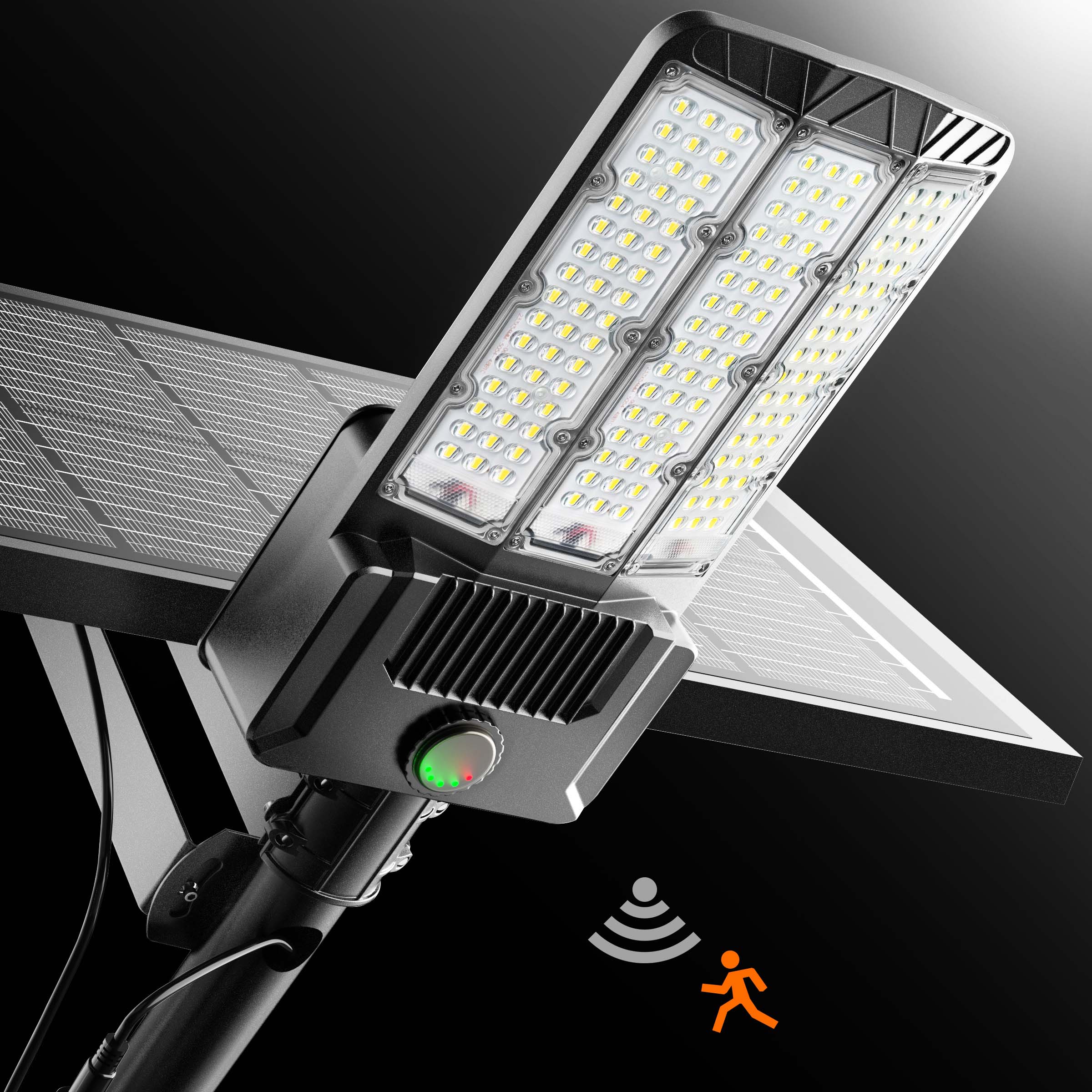
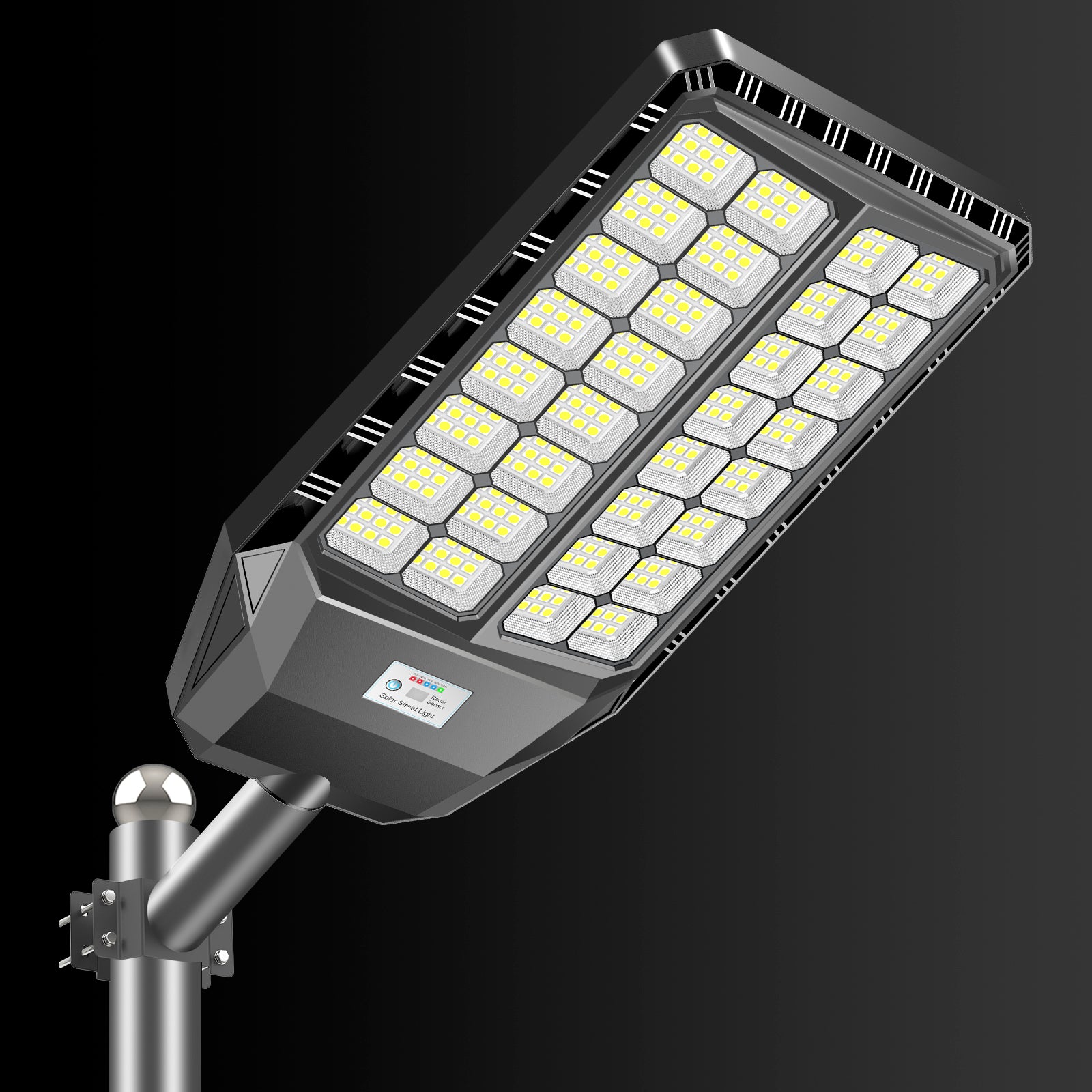
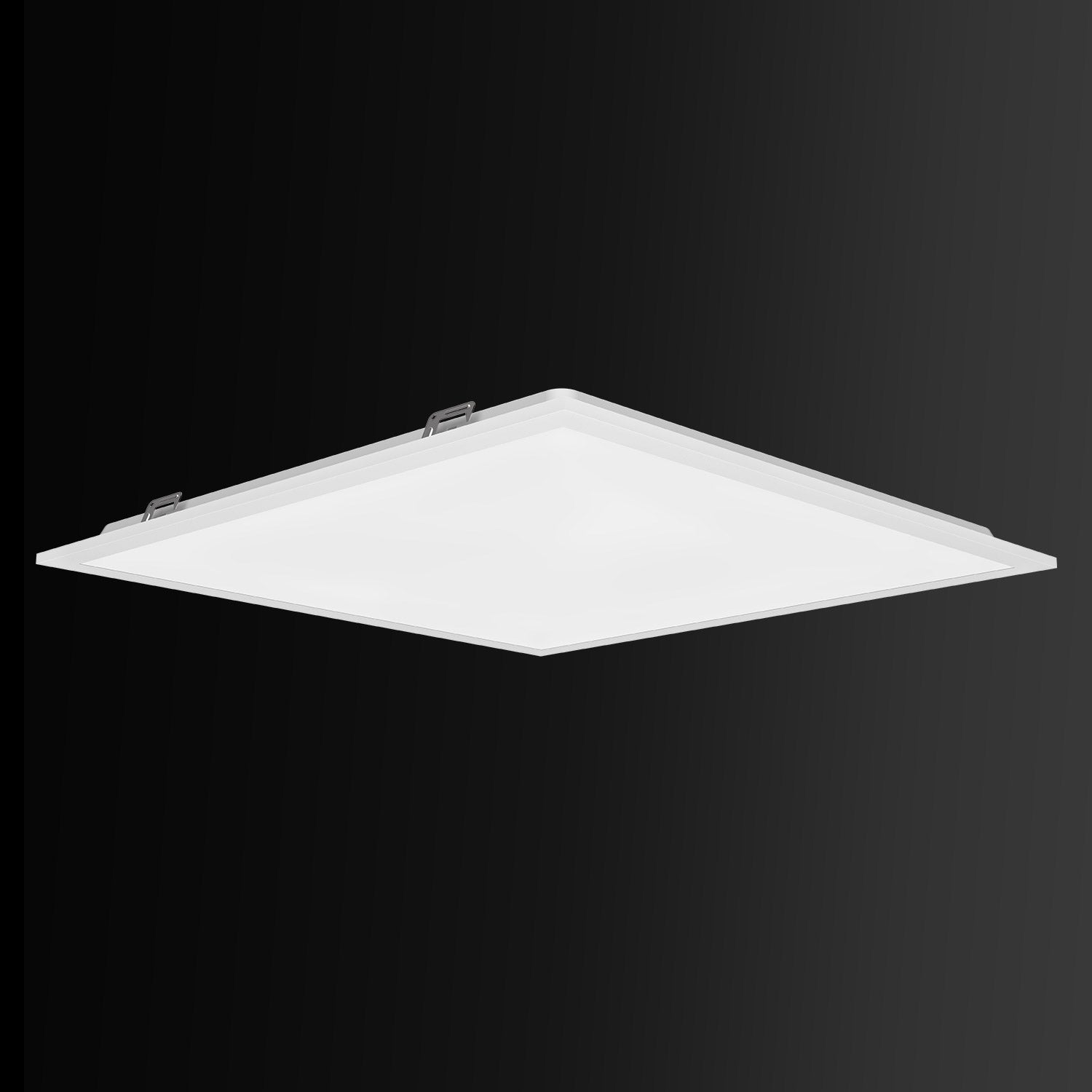


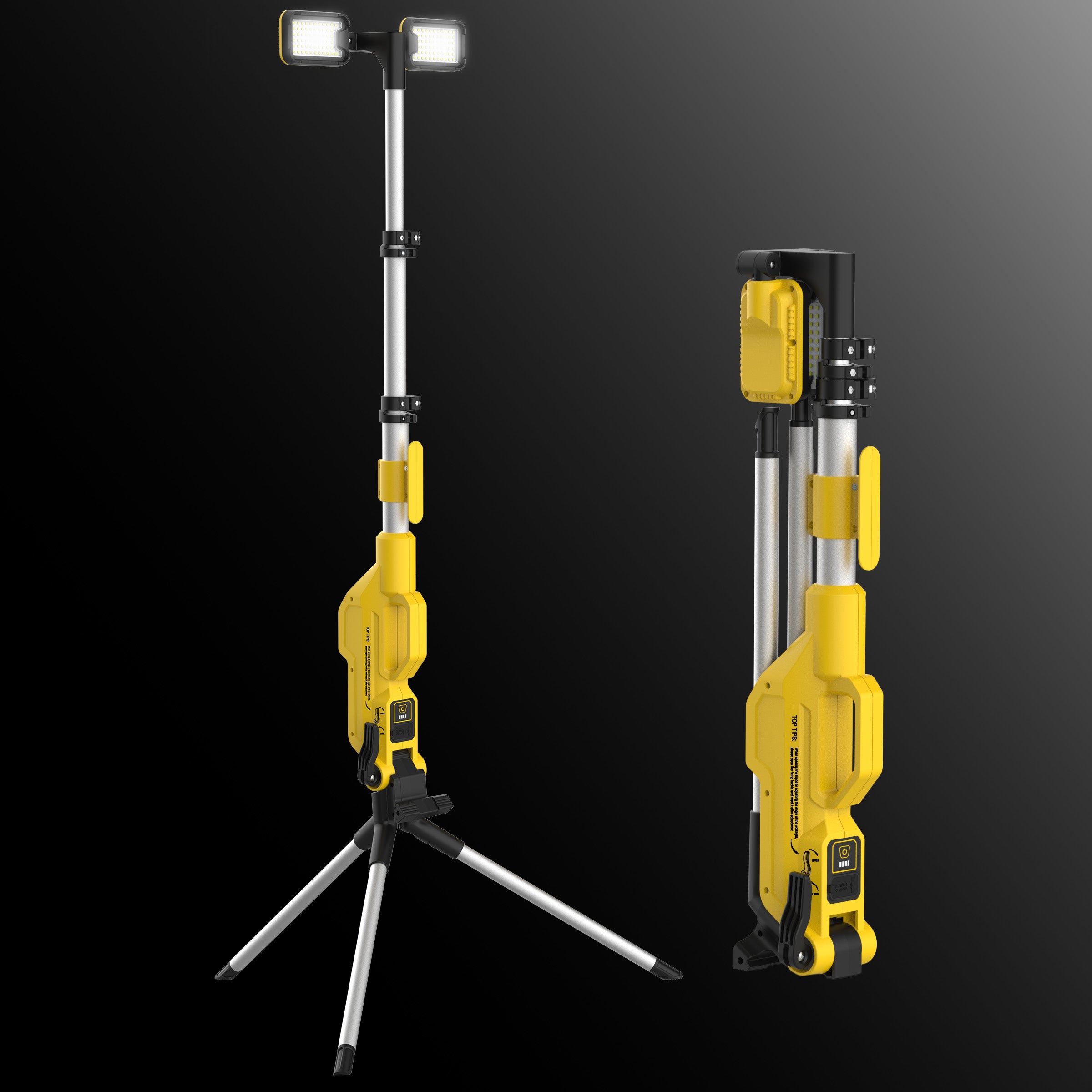
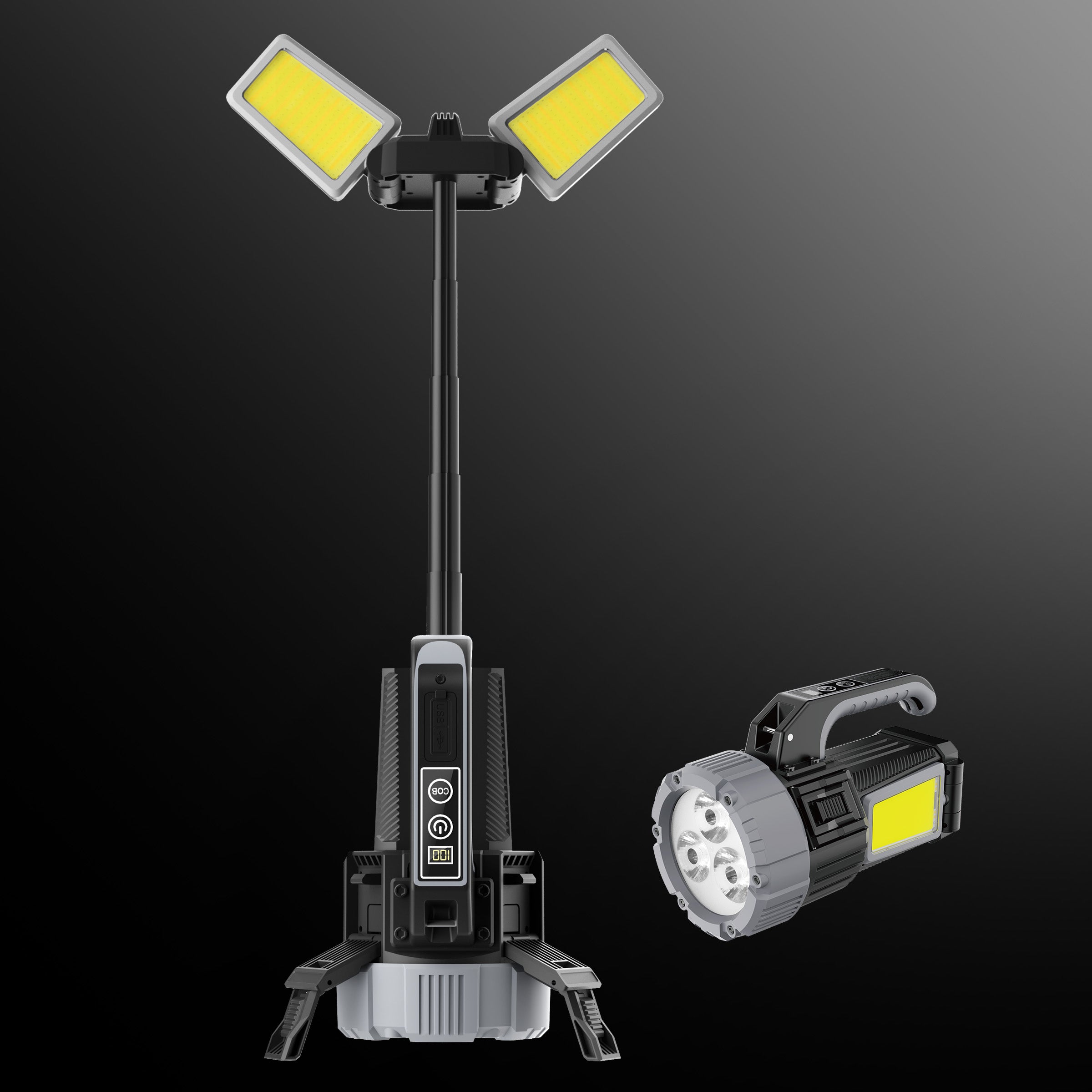


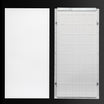
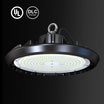
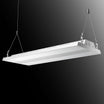


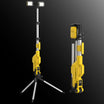
![[50%OFF] Hykoont LS018 Multi-Function 2 in 1 Flashlight Portable Extendable Adjustable Brightness CCT Bright](http://hykoont.com/cdn/shop/files/HYK-STDG18-2.jpg?v=1765273877&width=104)




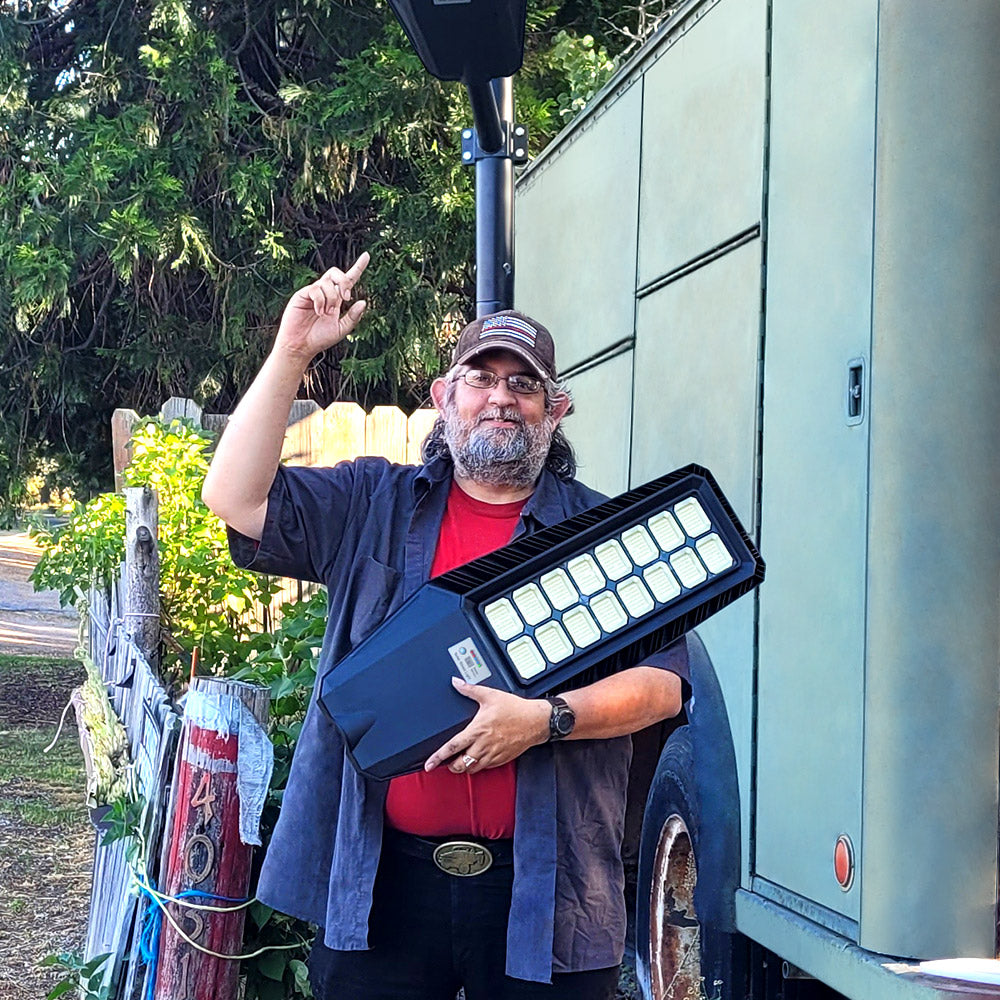
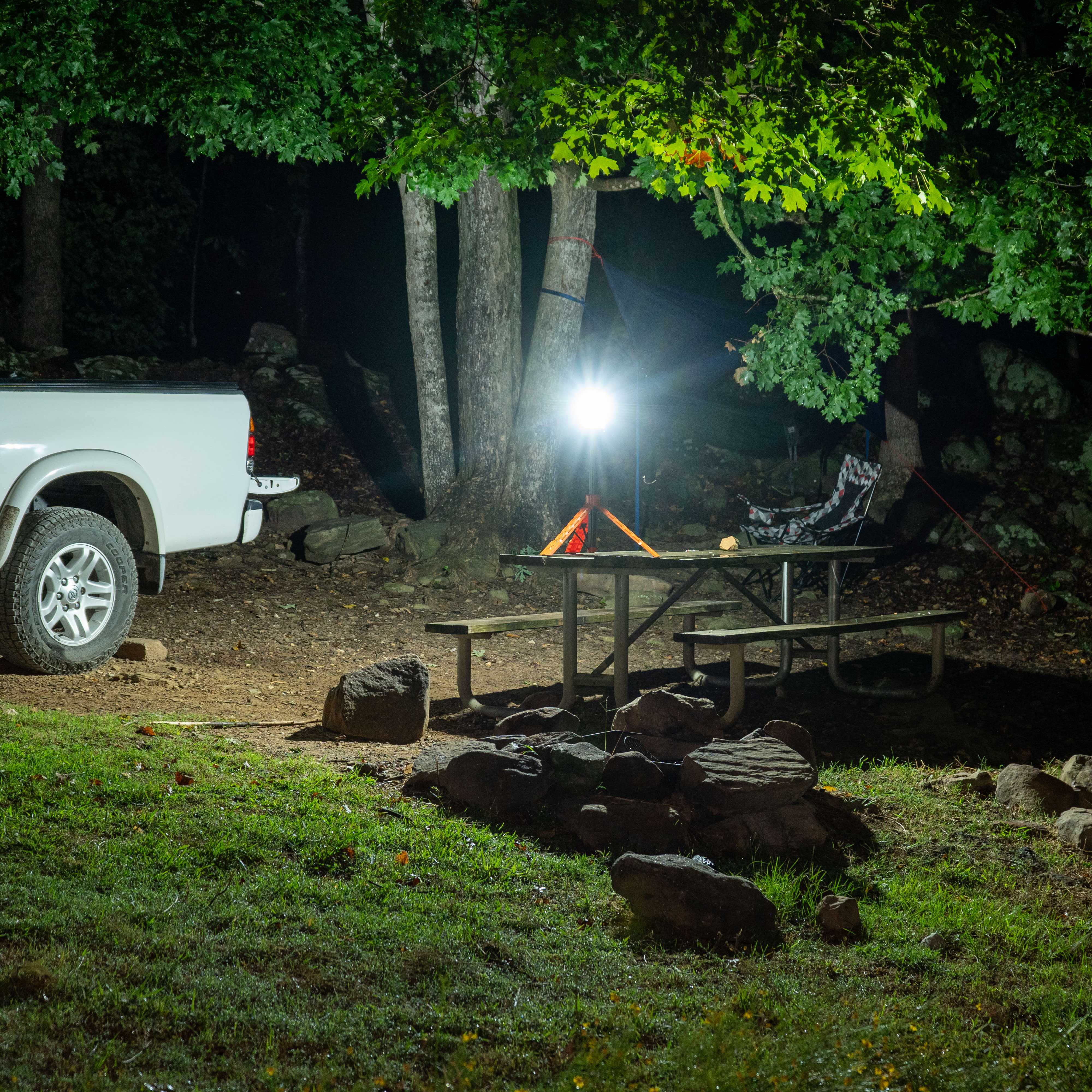
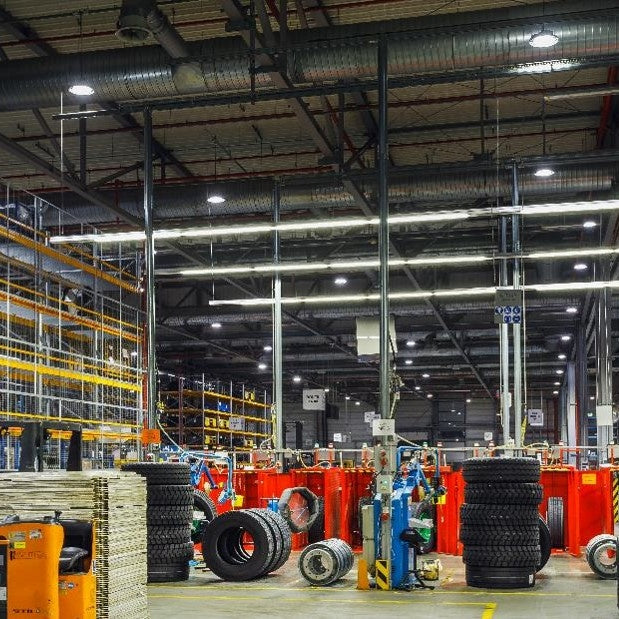
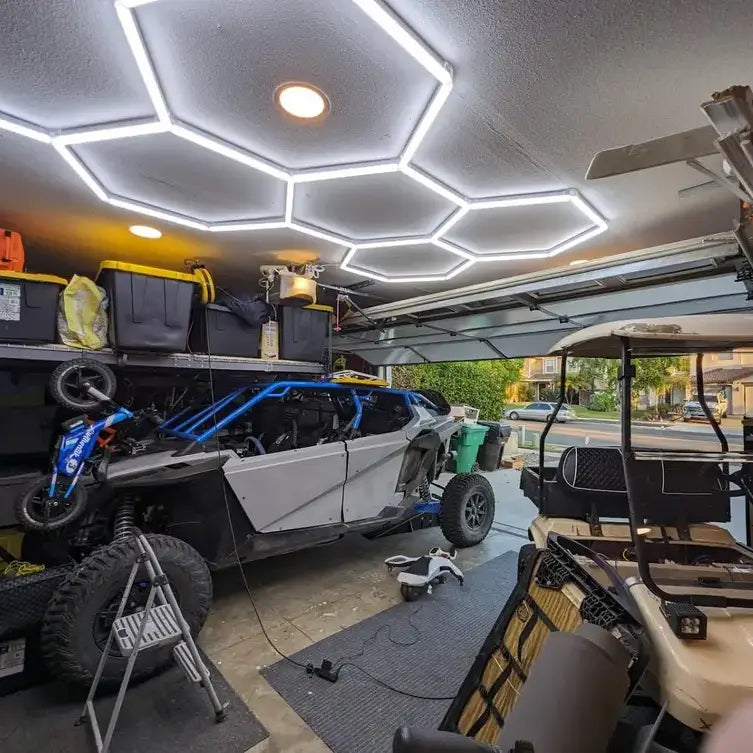
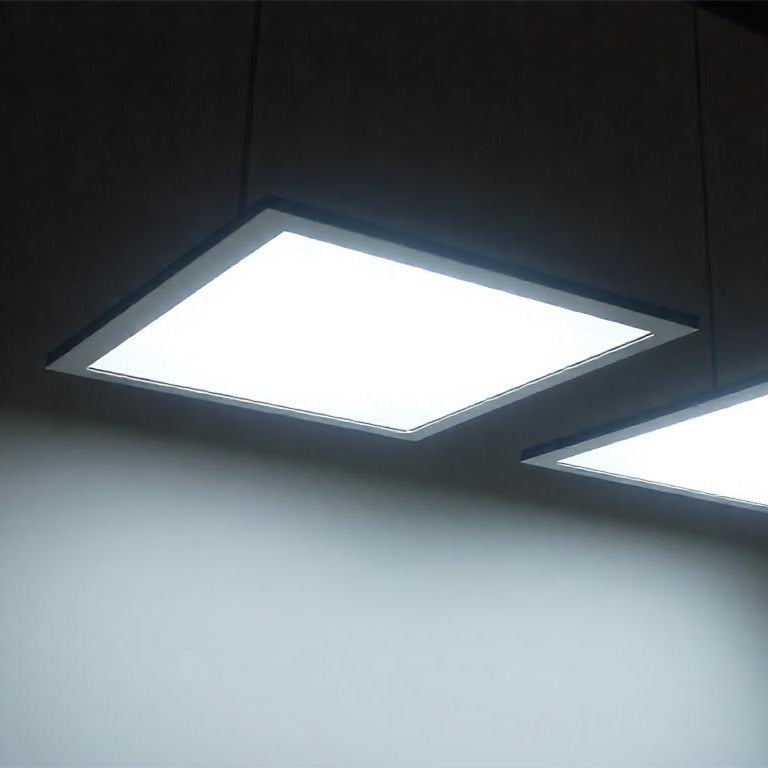
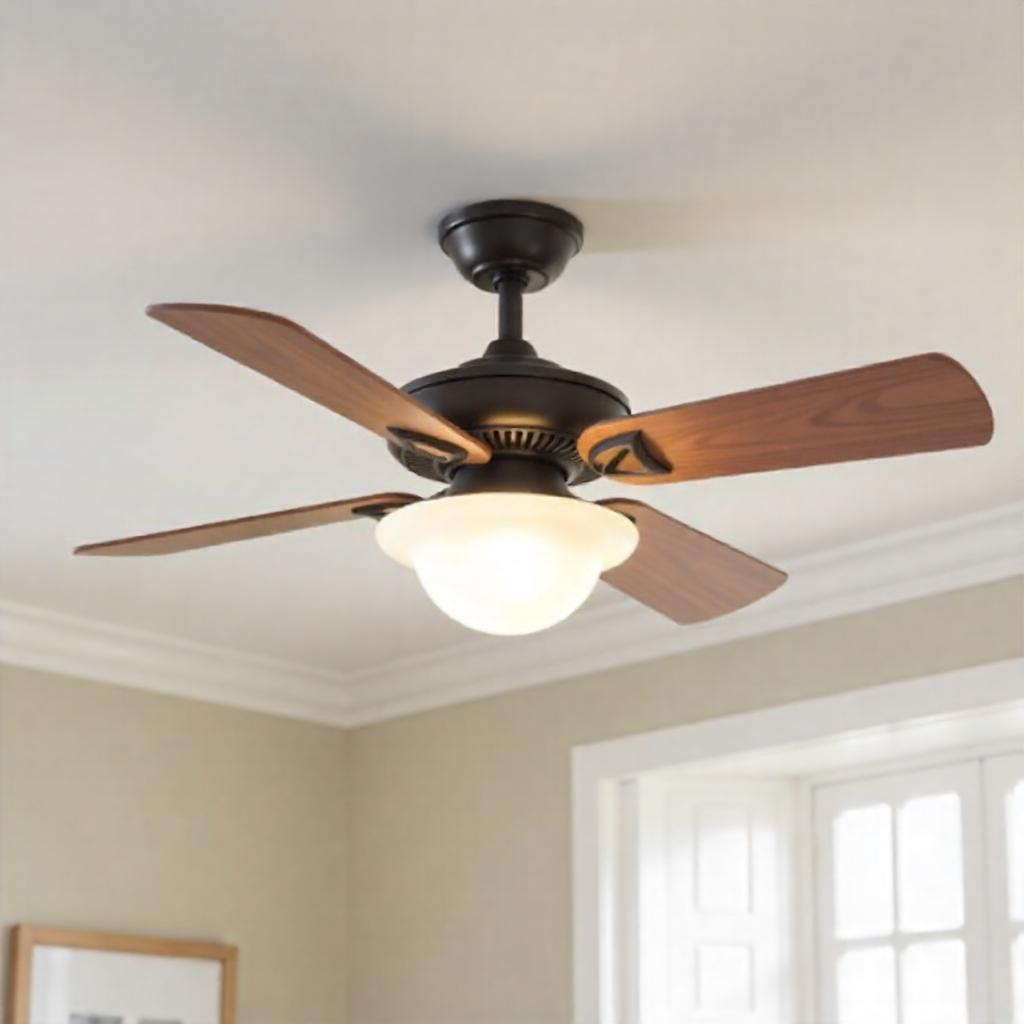
Leave a comment
This site is protected by hCaptcha and the hCaptcha Privacy Policy and Terms of Service apply.